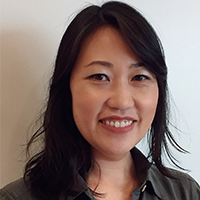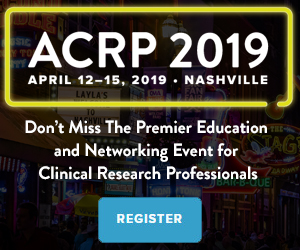The ascent of the Physician-Sponsored Investigational Device Exemption (PS-IDE) clinical trial has shifted roles and responsibilities for many professionals, says Yuki Kuramochi, BSN, RN, a clinical project manager with the Cleveland Clinic.
A physician who is acting as a sponsor-investigator both initiates and actually conducts, alone or with others, a drug or device study.
“It’s a challenge for the hospital or the site to accommodate a physician [who is conducting] a PS-IDE trial, because we have traditionally performed the site responsibilities and site activities only,” Kuramochi explains. “Now, since our physicians are actually sponsoring, performing, and conducting their own research in-house, they have to understand and gain knowledge of what it takes to be a sponsor, on top of being [in charge of] the site.
Bolstered by her experiences at the Cleveland Clinic, Kuramochi stresses the importance of understanding roles, tasks, and responsibilities for every member of the trial team.
With Great Power Comes Great Responsibility: What to Consider in Conducting Physician-Sponsored IDE
Join Yuki Kuramochi and Denise Sweeney of Cleveland Clinical this April at ACRP 2019 for an in-depth discussion of the unique challenges that sites might encounter conducting physician-sponsored IDE trials. These expert speakers will explore the logistics of running these unique trials, regulatory requirements, and the responsibilities of sites and sponsors.
“They have to understand what their activity is in contributing to the [work] of the physician, because now the physician sometimes has to wear the hat of a sponsor and sometimes has to act as an investigator,” she says. The research group members must define and attach their activities to whatever the role of the physician is at any given portion of the trial.
It can be tricky, Kuramochi notes. “We have to have documentation for sponsors and investigators very clearly separated in case there is [an audit]” by the U.S. Food and Drug Administration, Kuramochi says. “It’s very confusing…lots of gray areas.”
Author: Michael Causey




